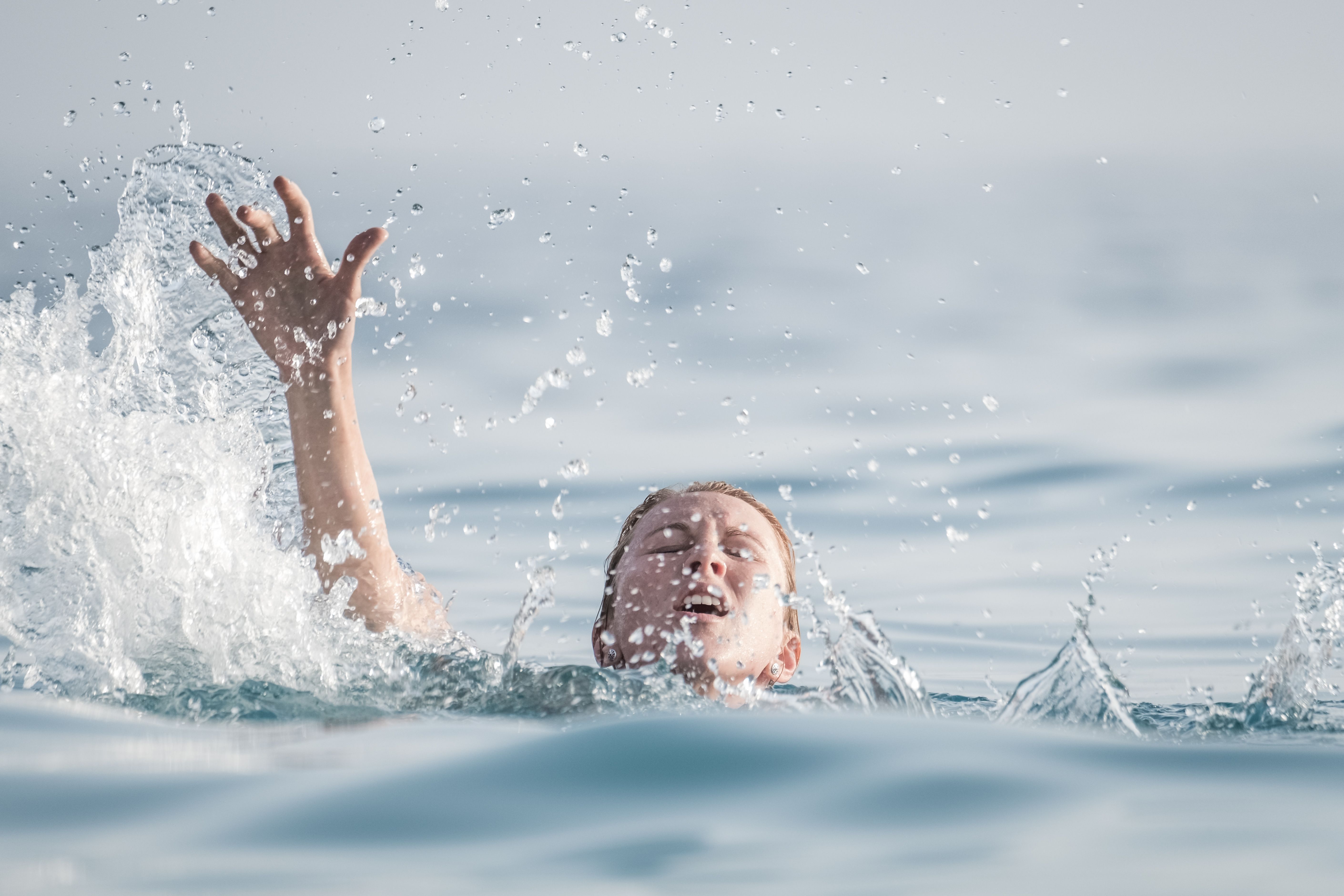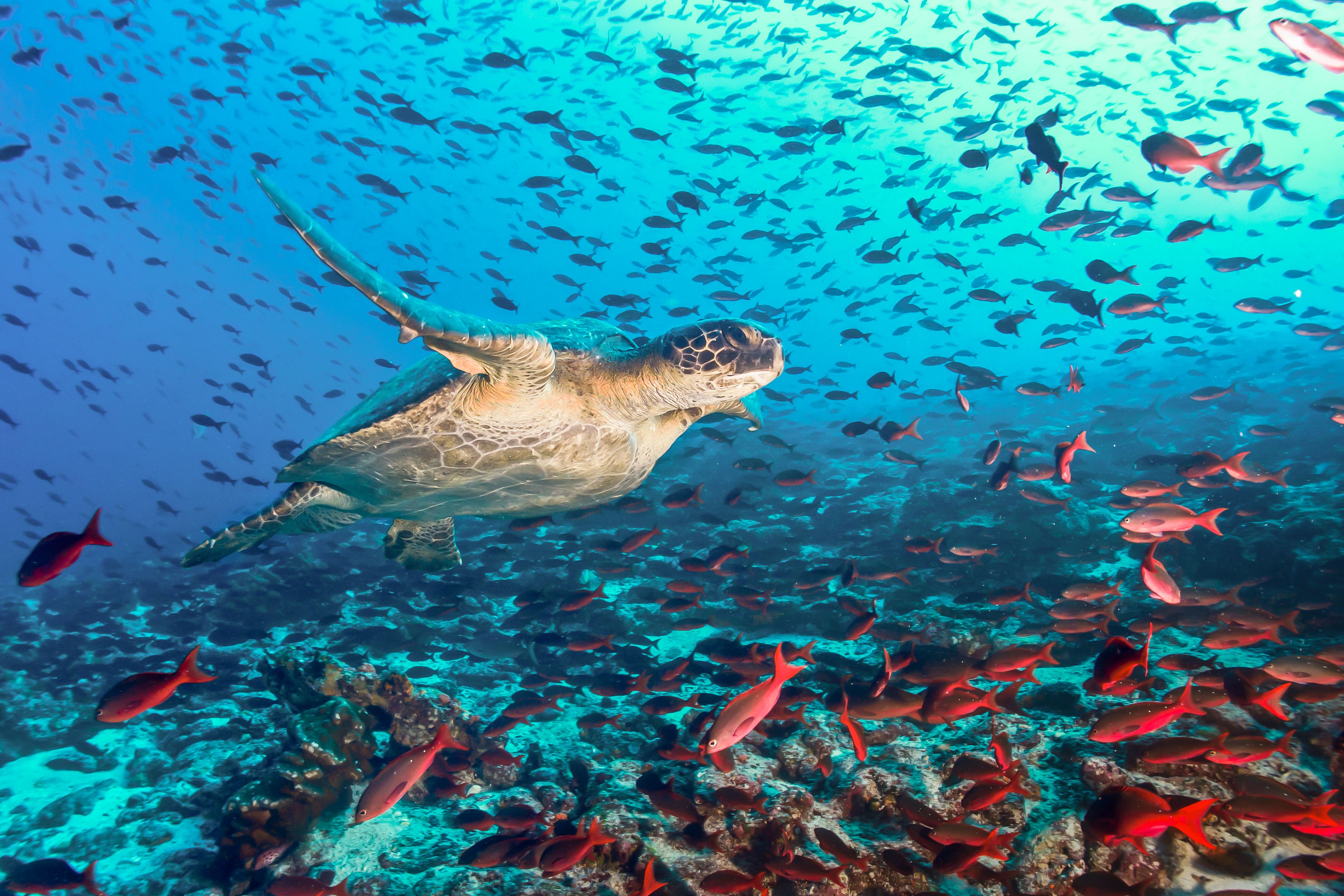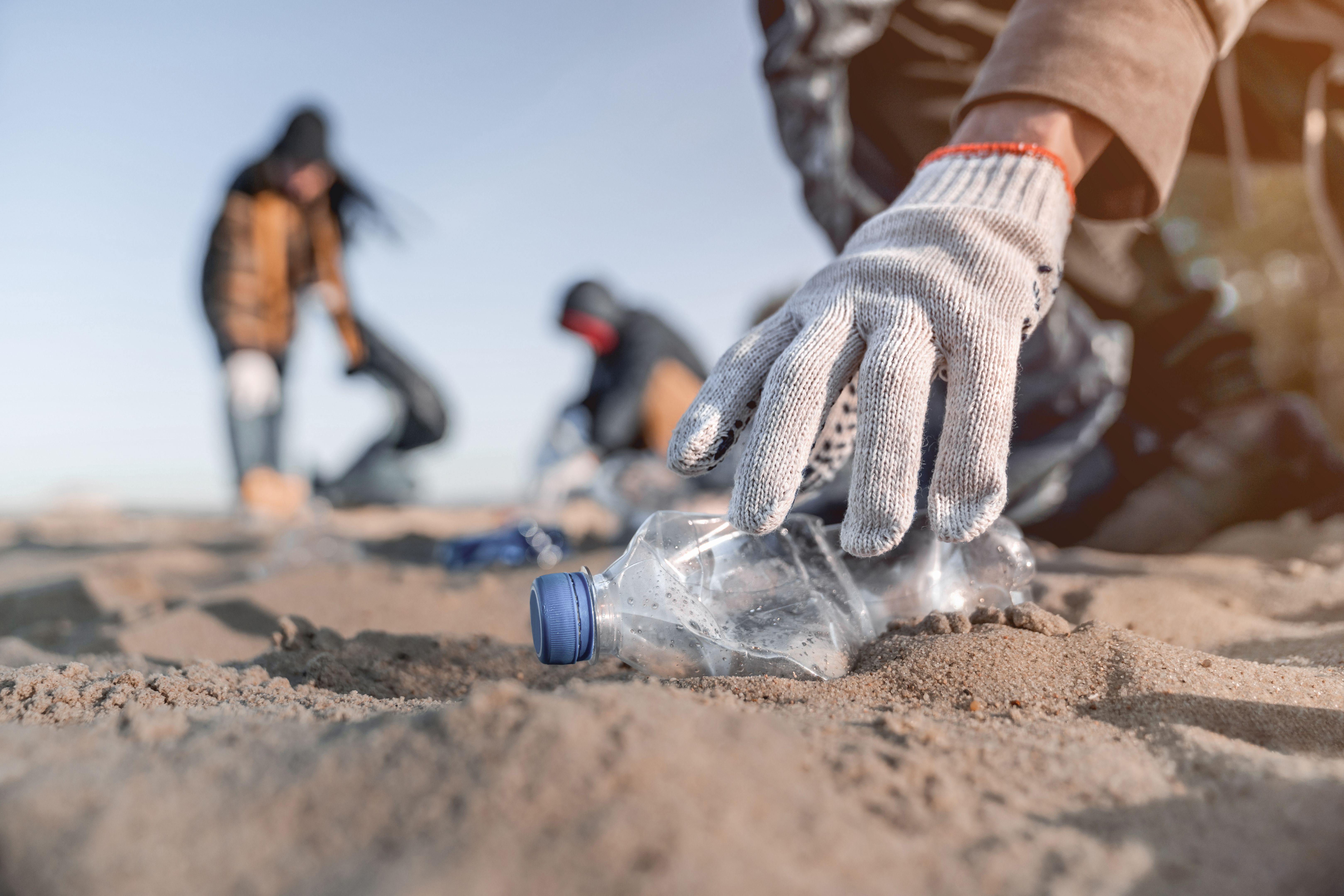Saving Our Seas: The Impact of Marine Animal Rescues
The Importance of Marine Animal Rescues
Our oceans, teeming with life and mystery, play a critical role in the health of our planet. However, threats like pollution, climate change, and human activities have put marine animals at risk. Fortunately, marine animal rescue efforts are making a significant impact in preserving these vital ecosystems. By rescuing and rehabilitating injured or endangered marine creatures, these efforts not only save individual lives but also contribute to the balance of marine environments.

How Marine Animal Rescues Work
The process of rescuing marine animals often involves a series of coordinated steps. First, the discovery of a distressed animal prompts a response team to assess the situation. This team includes trained professionals who are well-versed in handling different species. Once the animal is safely transported to a rehabilitation center, medical evaluations are conducted to determine the necessary treatments.
Rehabilitation can be a lengthy process, depending on the severity of the animal's condition. Activities may include medical treatment, physical therapy, and dietary support. Once the animal has recovered sufficiently, it is released back into its natural habitat, equipped to thrive once more.
The Impact on Ecosystems
Marine animal rescues play a pivotal role in maintaining the health of ocean ecosystems. Healthy populations of species such as sea turtles, dolphins, and seals contribute to the balance of marine food webs and the overall biodiversity of our oceans. By ensuring these animals are rescued and rehabilitated, we help sustain these intricate ecosystems.

Moreover, these efforts aid scientific research by providing valuable data on the health and status of marine populations. Researchers can use this information to better understand the impacts of environmental changes and develop strategies to protect vulnerable species.
Community Involvement and Education
Marine animal rescue organizations often rely on community support and volunteer programs to carry out their vital work. These programs offer individuals the chance to contribute to marine conservation efforts actively. Whether through direct participation in rescue missions or educational outreach, community involvement is crucial.
Educational programs raise awareness about the challenges facing marine animals and the importance of conservation. By understanding how human actions affect marine life, individuals can make more informed choices to reduce their impact on the oceans.

The Future of Marine Rescues
As environmental challenges continue to escalate, the future of marine animal rescues depends on sustained support from both individuals and organizations. Investing in advanced medical technologies and expanding rehabilitation facilities are essential steps toward enhancing these rescue operations' success rates.
Furthermore, international cooperation in creating policies that protect marine habitats is critical. By working together, we can ensure that our seas remain vibrant and full of life for generations to come.
Conclusion
Marine animal rescues are more than just saving individual lives; they are an integral part of safeguarding our planet's health. Through dedicated efforts and community involvement, we can make significant strides in protecting these magnificent creatures and the ecosystems they inhabit. Let us continue to support and advocate for initiatives that preserve our oceans and all their inhabitants.